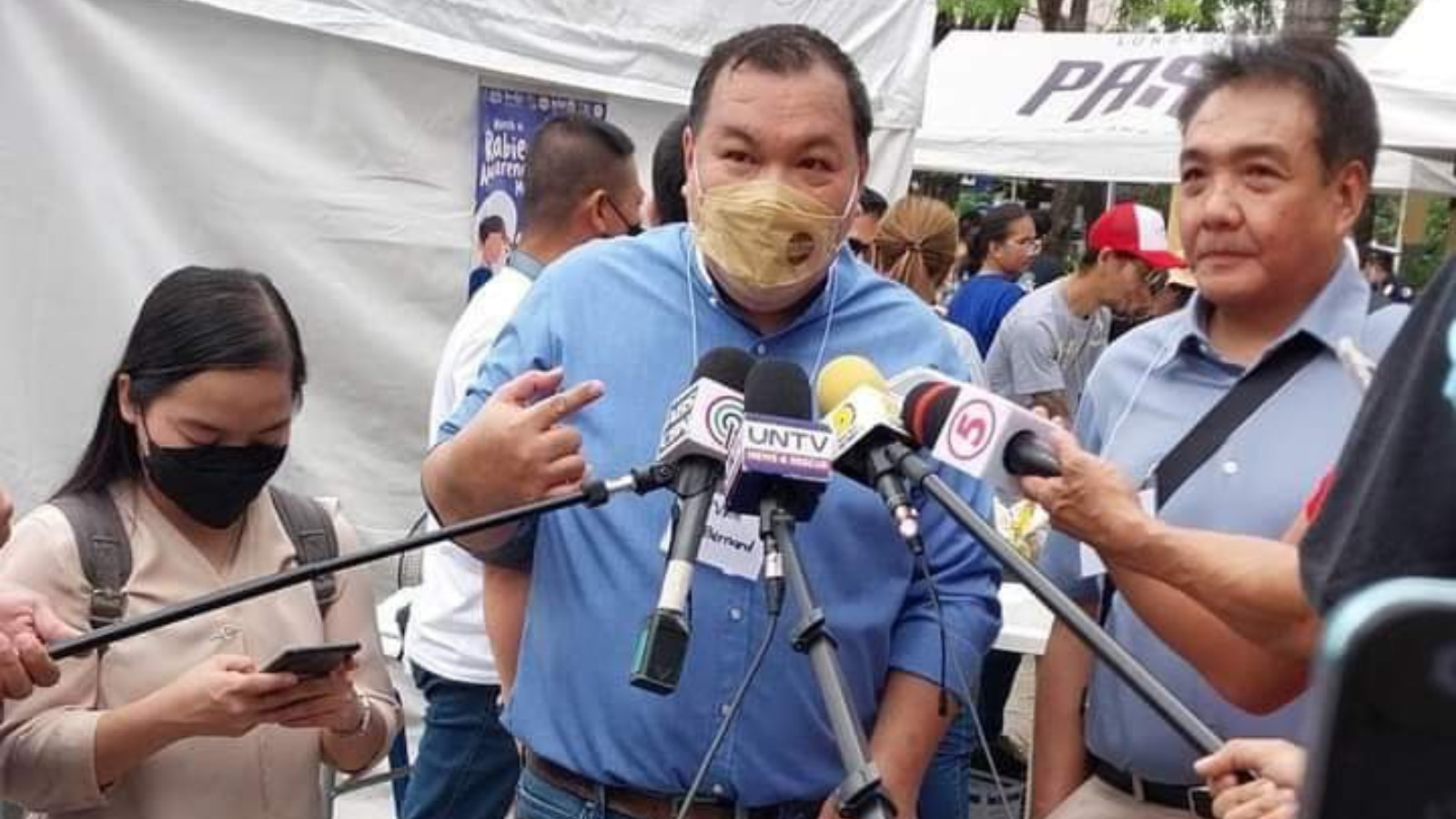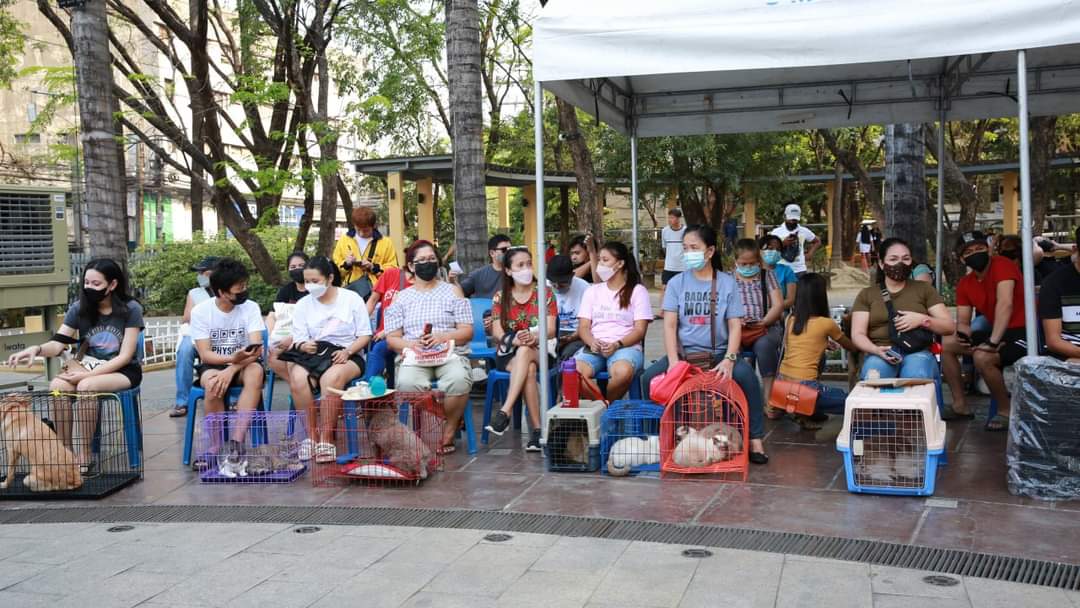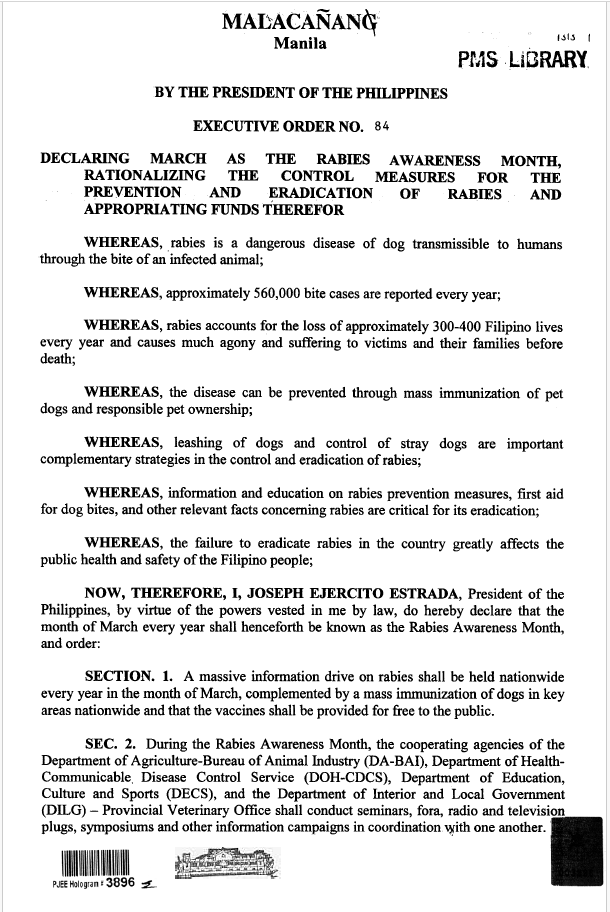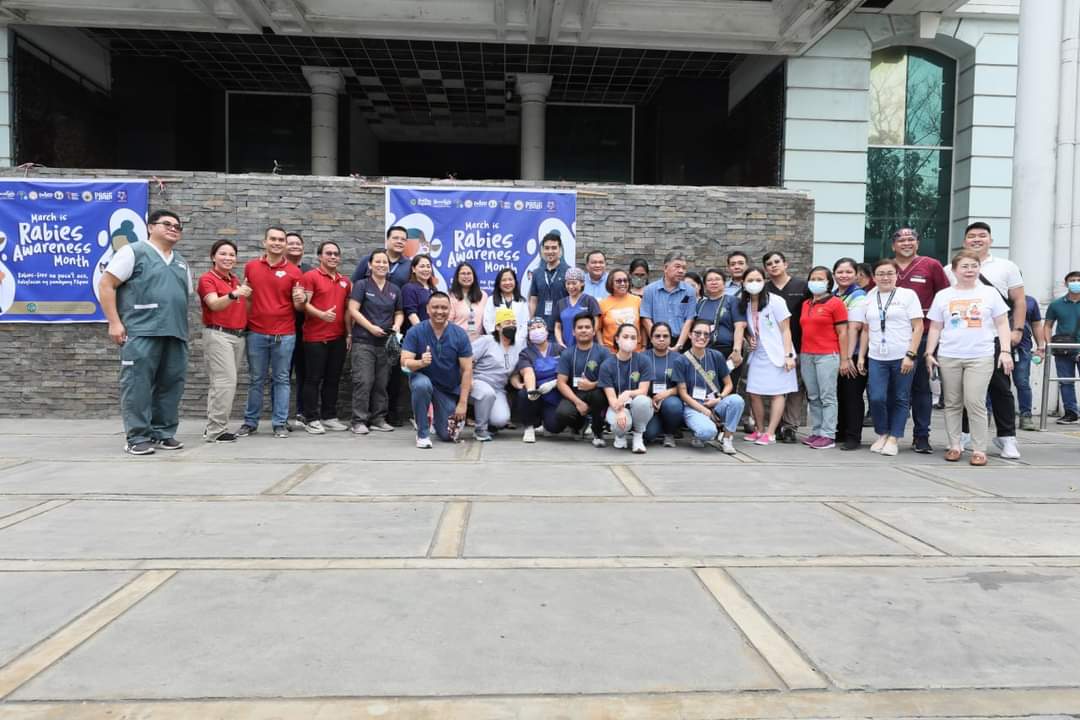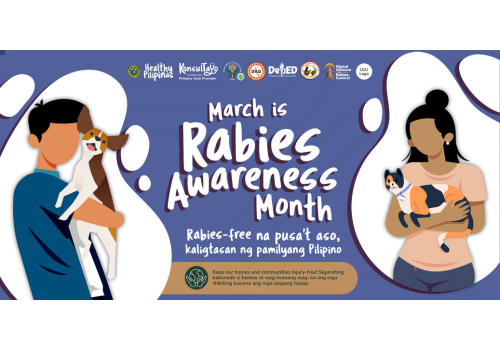To prevent and control rabies in the Philippines, community education and public awareness are a major component of the National Rabies Prevention and Control Programme endorsed by WOAH. As a result, the month of March is dedicated to rabies activities and involves all relevant stakeholders under one initiative urged by the administration of the President.
Rabies is endemic in the Philippines and remains a major public health concern. The Philippines are one of the top 10 countries in the world with problems associated to rabies. The Bureau of Animal Industry (Veterinary Services) have identified dogs as the principal reservoir of the disease since 86% of animal rabies cases reported in 2018 were canine. The disease has dramatic impacts on human health. Every year, rabies is responsible for the death of between 200 and 300 people, one-third of these deaths are occurring in children less than 15 years-old.
The authorities deems that one of the key solutions for rabies elimination relies on social cultural understanding, in particular by engaging communities. Educational and awareness activities are essential in the country’s response. The objective is not only to raise awareness but also to make dog’s owners more responsible so that they have their dogs and cats registered and vaccinated.
However, raising awareness is challenging. The Bureau of Animal Industry has to deal with a significant number of isolated geographical areas (The Philippines is composed of around 7,000 islands) and disadvantaged communities that contribute greatly to a low knowledge level. The country is also being greatly impacted by African swine fever and COVID-19 was considered as priority over the last few years. Besides, there are still provinces/cities that still practice and believe in “traditional medicine”. These territories are also those that do not have Animal Bite Centers, so they usually resort to “traditional” or even “faith” healing.
On order of the Office of the President, March has become an awareness month
To address this knowledge gap, the government decided to dedicate a full month on rabies awareness to keep up the momentum in educating the public’s awareness and strengthening rabies control and prevention efforts nationwide. This policy was made possible by the involvement of the highest authority: the Office of the President. Through the executive order no. 84, March is declared as the rabies awareness month.
Similar to World Rabies Day, rabies awareness month has a celebration’s theme, but it is used for several years. Thus, between 2022-2027, activities are organised under the headline: “Rabies-free na pusa’t aso, kaligtasan ng pamilyang Pilipino”. It can be translated: the safety of the Filipino Family rests largely on Rabies Free Dogs and Cats as these animals are considered more than just pets”.
To implement the One Health approach and ensure the success of a multisectoral cooperation, the Philippines has set The National Rabies Prevention and Control Committee (NRPCC). The private sector, public bodies as well civil society organisations join forces to implement the National Rabies Prevention and Control Program, an initiative that aims to strengthen the country’s national rabies prevention and control program.
As a result, many education activities are conducted. It starts with a kick-off celebration. Members of the NRPCC headed by the Chair, the Director of the Bureau of Animal Industry and the Vice Chair, the Director of the Disease Prevention and Control Bureau of the Department of Health, along with the different agencies and organisations participate in the activity. Simultaneous and nationwide conduct of mass dog vaccination, dog population management (spay and castrations), and/or Responsible Pet Ownership Seminars/Lectures, as well as TV or Radio interviews on Rabies Awareness. The Bureau of Animal Industry claims that a lot of people are engaging in social media, hence, social media campaigns are steadily gaining traction with Filipino.
The 2023 Rabies Awareness Month Celebration became a sort of “relaunching” of the National Rabies Program due to the consequence of the pandemic. During the kick-off event, BAI was able to vaccinate 156 dogs and cats, spay/castrate 125 dogs and cats and microchip 133 dogs and cats.
In the Philippines, commitment is total, reflecting a national priority to eradicate rabies and ensure the safety of its communities. The National Rabies Prevention and Control Programme endorsed by WOAH, in hand to public awareness, is deemed as key to success.
